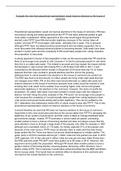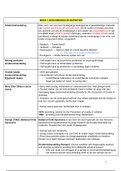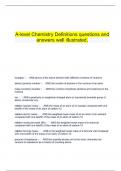Exam (elaborations)
Evaluate the view that proportional representation would improve elections to the house of commons. A grade essay
- Module
- Proportional representation
- Institution
- PEARSON (PEARSON)
This is an A grade politics source essay which you can use to emulate and also gain top marks. This is the full essay with in depth examples and points, excellent to use as a guide to how to write top mark essays.
[Show more]









